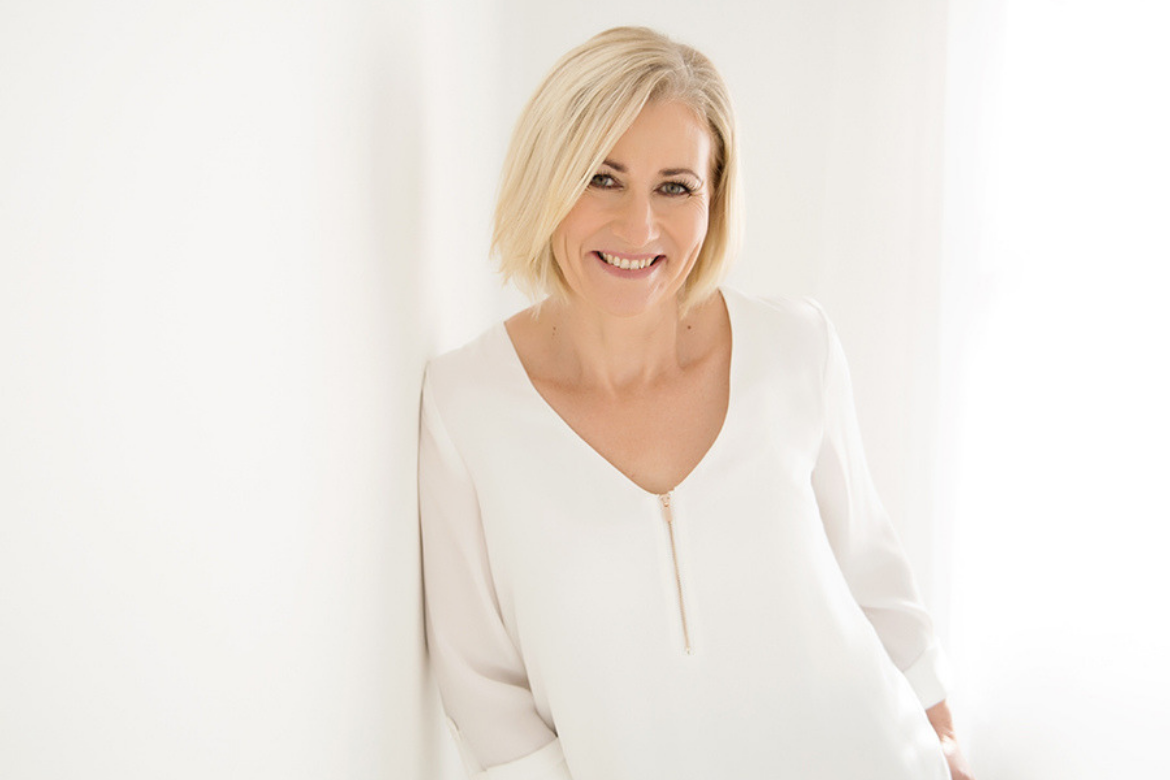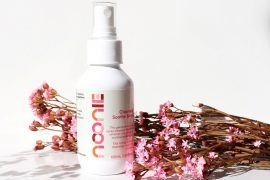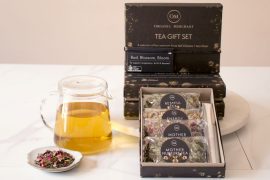Managing your menstruation can be chemical-free. Having the option of Crimson Organic Cotton Tampons means not only are you not putting chemicals into your body, but you are also taking care of our environment and you are helping to fight period poverty.
PERIOD POVERTY
Period poverty – no doubt you’ve heard the concept recently, as the conversation has well and truly started here in New Zealand. No girl, woman or menstruating person should have to stay home from school or work because of lack of access to menstrual products, nor choose between that and putting food on the table. Yet that is the reality for many women. As a lawyer, Vicki Scott has spent years advocating for the rights of women and vulnerable people. It seemed a natural transition to establish a business that shone a light on period poverty and women’s rights to access period products – so she created Crimson Organic Cotton Tampons.

“From my experience as a young person’s lawyer,” Scott says, “I am aware there are many barriers for at-risk teenage girls to attend school. Many of them don’t go to school when they get their period. Some might be lucky if there is soap and toilet paper in their homes, let alone menstrual products. Research shows there is a direct link between missing school and juvenile criminal offending. Working with these young women and seeing their potential often go unrealised through dropping out of education was one of the reasons that motivated me to start Crimson. We have to try to level the playing field for them.”
Through Crimson’s Give One program, they donate tampons to women in need. How it works: When women visit the website www.crimsonorganic.co.nz they can purchase tampons to donate. The options range from donating a single box of tampons, up to a 12-month subscription aimed at businesses who might like a mention of their sponsorship in Crimson’s blog, newsletter or social media pages. No donation is too small. Even a single box of tampons makes a difference to a woman who would otherwise be managing her period without dignity. Their growing list of recipients include Auckland City Mission, Te Tuinga Whānau, Tauranga Community Housing Trust, and the Nawaka Village medical centre and school in Fiji.

LOVE YOUR BODY – WHAT YOU PUT INTO IT MATTERS
For some women, reusable menstrual products are not something they are quite willing or able to tackle just yet, or they still prefer to use tampons over anything else. After 25 years of experience doing case research for clients, Vicki Scott wanted to use that investigative expertise to find the safest tampon option available. After all, she was wanting to improve the lives of vulnerable women. The answer was really clear – 100% certified organic cotton tampons are the safest option.
One of the main health concerns when it comes to tampons is Toxic Shock Syndrome (TSS) – a rare but potentially deadly illness caused by bacteria and linked to the use of synthetic tampons. The world’s leading expert on Toxic Shock Syndrome (TSS) is Dr Philip Tierno, professor of microbiology and pathology at New York University Medical School. He has spent 40 years conducting independent research into TSS and its link to tampons. His research shows tampon composition and the length of time it is left in the body are both major contributing factors to TSS. Dr Tierno believes that the safest tampon is a 100% cotton tampon. Which again, is exactly what you’ll find at Crimson Organic.
In an interview with The Guardian he said: “The bottom line is that you can get TSS with synthetic tampons but not with an all-cotton tampon.” And in a more recent media interview, he said that the synthetics used by most major tampon manufacturers – such as viscose and rayon – cause an optimal physical-chemical condition for TSS to develop if a woman has low or no antibodies to TSS. Therefore, “the synthetic ingredients of a tampon are a problem, whereas 100 percent cotton tampons provide the lowest risk, if any risk at all.”
He also warned against the dangers of using tampons made from conventionally grown cotton because they contain residues of pesticides such as glyphosate (found in Roundup weedkiller) that are subsequently absorbed by the body. You may be wondering if the processing of cotton into a tampon removes the residue of glyphosate. Apparently not.
In 2015, a widely reported study from the University of La Plata in Argentina, found that around 85 per cent of cotton products (e.g. baby wipes, gauze, cotton balls, and feminine products like pads and tampons), actually tested positive for glyphosate, i.e. Roundup; hence Dr Tierno’s concerns.










